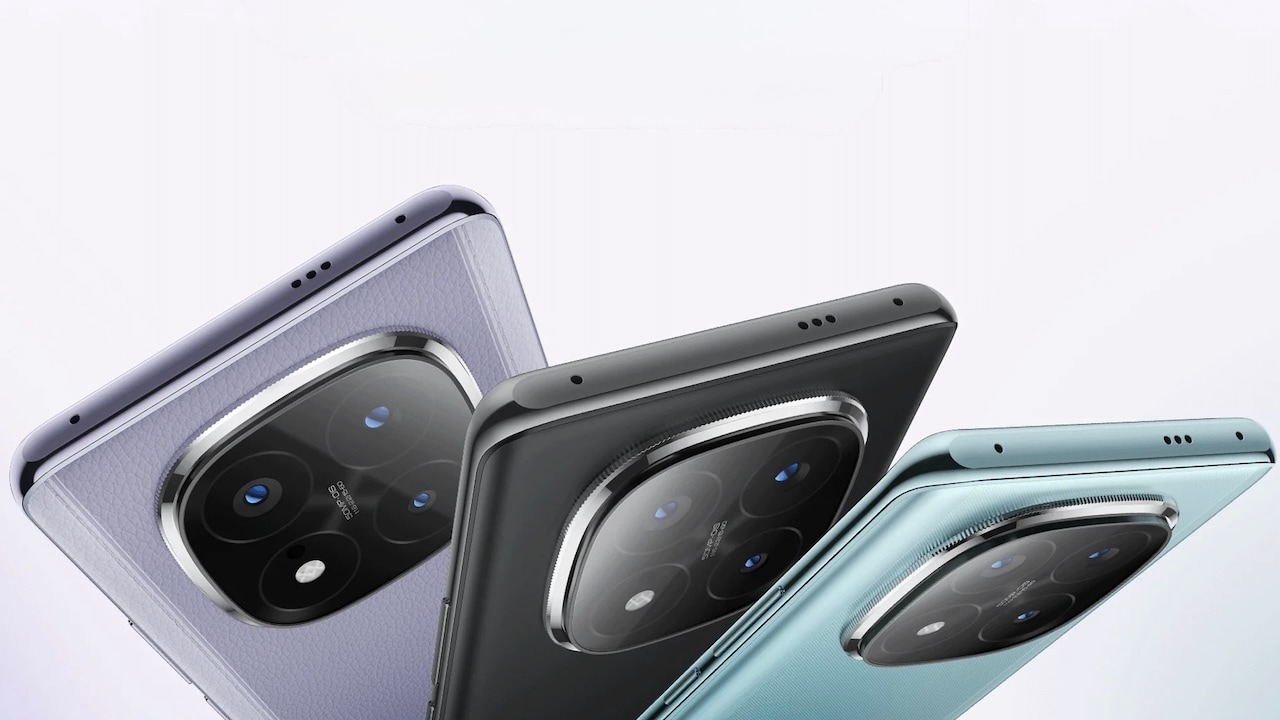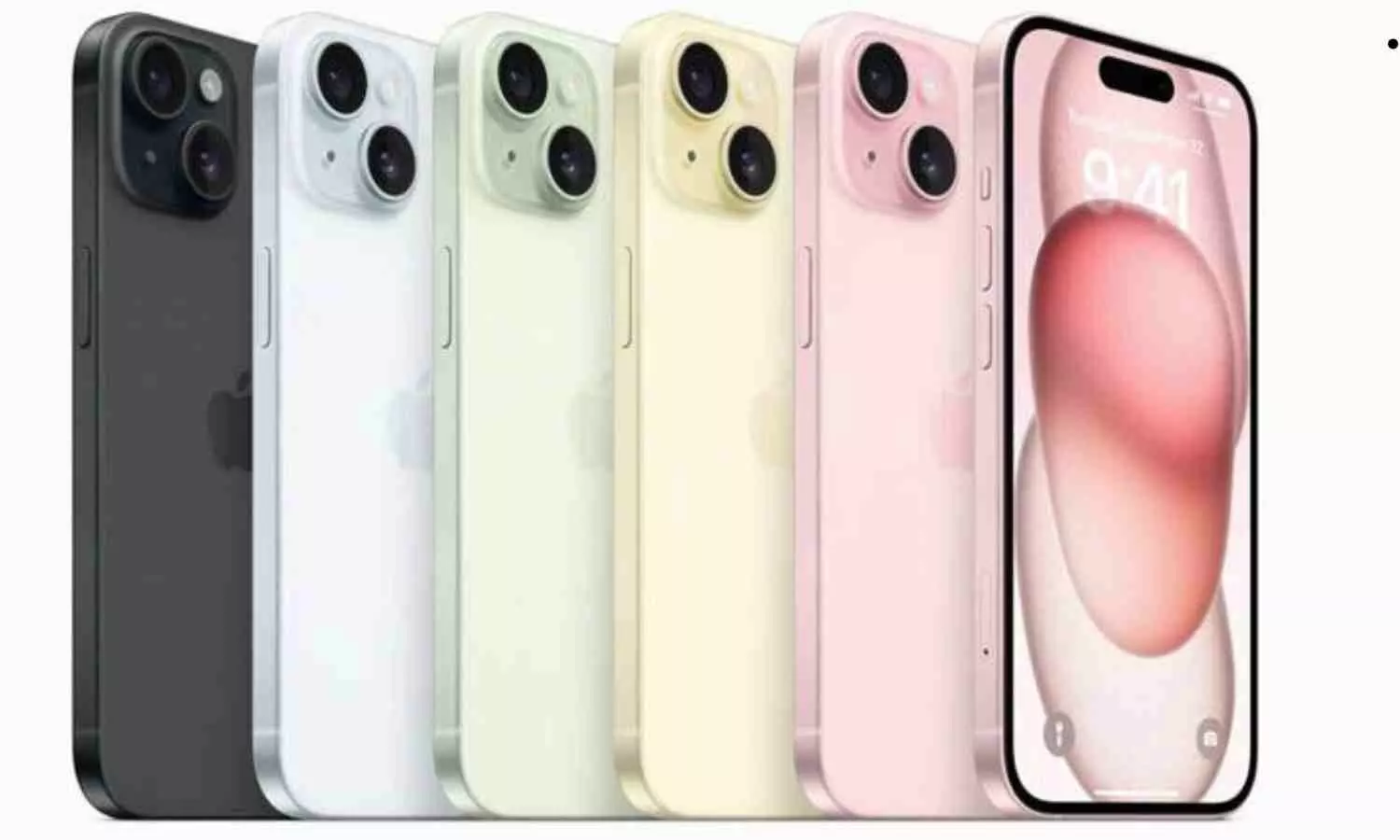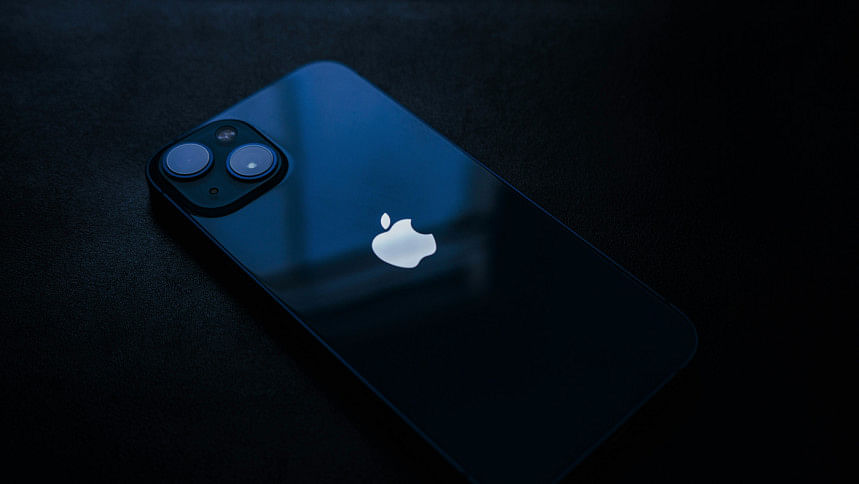
The monthly “ Google System Release Notes ” primarily detail what’s new in Play services, Play Store, and Play system update across Android phones/tablets, Wear OS, Google/Android TV, Auto, and PC. Some features apply to end users, while others are aimed at developers. The following first-party apps comprise the “Google System”: Adaptive Connectivity Services : Search the “All apps” list in Settings and open App info for the version number Android System Intelligence : App info Android System Key Verifier : App info Android System SafetyCore : App info Android TV Core Services Android WebView : App info Device Health Services : App info Settings Services : App info Google Play Store : App info Google Play system update : Settings > About phone > Android version SIM Manager : App info A feature appearing in the changelog does not mean it’s widely available.
Some capabilities take months to fully launch. Google Play services v24.50 (2024-12-23) Account Management [Phone] If you’re a supervised user, you’ll get access to the Digital Wellbeing suite to help you disconnect and reduce interruptions on your device.

Security & Privacy [Phone] With this new feature, you’ll get updates to the Google Password Manager settings. Google Play Store removing peer-to-peer app ‘Share’ functionality Wear OS updates will pick Wi-Fi, cellular over Bluetooth for downloads Google Play Store v44.1 (2024-12-16) [Phone] With this new feature, you’ll receive updated notifications from Google Play.
[Phone] With this new feature, you’ll get visual improvements on apps and games categories on the search tab. [Phone] The Share apps feature on Google Play will be retiring. Google Play services v24.
49 (2024-12-16) Device Connectivity [Phone] With the new cross-device services with invitations settings screen, you’ll be able to find, invite, and turn on cross-device features. System Management [Wear] With this new feature, you’ll be able to update the timezone of your watch to match your current location, even when your watch is offline. [Wear] When you update your wearable device, Wi-Fi and cellular networks will now be prioritized over Bluetooth for faster downloads.
If Wi-Fi isn’t available, you can choose your preferred network instead. Android System Intelligence U.38/V.
13 (2024-12-09) [Phone] Live Captions feedback UI bug fixes. Google Play Store v44.0 (2024-12-09) [Phone] With this new feature, you’ll get a notification when an app update is needed to fix a system issue.
[Phone] You’ll be able to sample audio clips before installing the app. [Phone] Show the Purchase Readiness completion offer in Play Onboarding flow for new users. Google Wallet for Wear OS adding corporate badges, campus IDs, and more ESPR is in reference to the European Union’s “ Ecodesign for Sustainable Products Regulation “: The ESPR is part of a package of measures that are central to achieving the aims of the 2020 Circular Economy Action Plan and fostering the transition to a circular, sustainable, and competitive economy.
It will contribute to helping the EU reach its environmental and climate goals, double its circularity rate of material use and achieve its energy efficiency targets by 2030. Google Play services v24.47 (2024-12-02) Device Connectivity [Phone, Wear] New developer features for Google and third party app developers to support Device Connectivity related processes in their apps.
Wallet [Phone, Wear] With the access cards on wearables feature, you can use your hotel keys, campus IDs, and corporate badges on Android wearable devices. [Phone, Wear] You’ll now be able to use Google Wallet in more countries. Google Play Store v43.
9 (2024-12-02) [Phone] Show the Purchase Readiness completion steps in the Onboarding flow for new users. Settings Services v1.1.
0.697513890 (2024-12-02) [Phone & Tablet] Optimizations for ESPR charging requirements..















